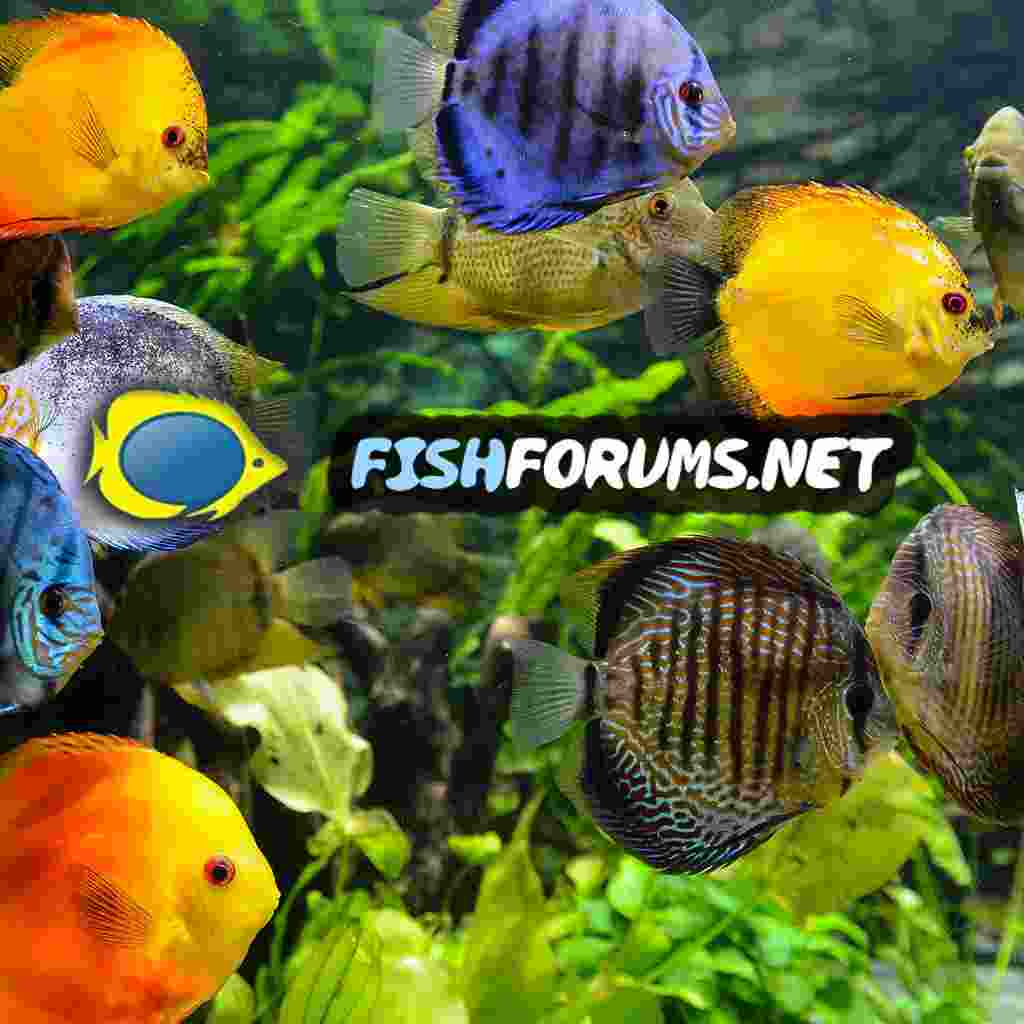tylapollyanna
New Member
Hi there. I’m fairly new to the hobby (about 6 months in).
I recently purchased a 56L tank and I thought that I had cycled it before. I waited 2 weeks and parameters were all perfect. I added my Betta fish into it a few days ago and noticed he was started to clamp his fins.
I immediately put him back in his old tank and got the water tested. I had high nitrate which I got rid of by water changes and high ammonia.
I recently tested it again and the nitrate has come back and ammonia is still present.
I went to pets at home to test my water so I thought I’d ask them questions even though I know half the time they don’t really know what they are talking about. One woman told me to add pure aquarium balls in which I did. But today another woman told me to remove my dragon stones (I have 2 big ones) as they might be the problem. Is this true? I did soak them before I put them in. She also told me to do water changes every 3 days. I did them daily but haven’t been able to this weekend because I went away.
What do I do? Because all pet shops are telling me different things.
Also how long are you meant to cycle a tank before adding fish? I was told 2 weeks hence why I added my Betta. But different websites say different things.
of course I won’t add him back in there until it’s healthy water but considering he’s only one fish I didn’t think nitrate/ ammonia would go up high. (I did add 3 Corydoras but having done research after I realised it’s best to have my Betta alone - my friend who has a 90L took them off me).
So anyways… what shall I do? Just keep doing water changes? Shall I take the rocks out?
I recently purchased a 56L tank and I thought that I had cycled it before. I waited 2 weeks and parameters were all perfect. I added my Betta fish into it a few days ago and noticed he was started to clamp his fins.
I immediately put him back in his old tank and got the water tested. I had high nitrate which I got rid of by water changes and high ammonia.
I recently tested it again and the nitrate has come back and ammonia is still present.
I went to pets at home to test my water so I thought I’d ask them questions even though I know half the time they don’t really know what they are talking about. One woman told me to add pure aquarium balls in which I did. But today another woman told me to remove my dragon stones (I have 2 big ones) as they might be the problem. Is this true? I did soak them before I put them in. She also told me to do water changes every 3 days. I did them daily but haven’t been able to this weekend because I went away.
What do I do? Because all pet shops are telling me different things.
Also how long are you meant to cycle a tank before adding fish? I was told 2 weeks hence why I added my Betta. But different websites say different things.
of course I won’t add him back in there until it’s healthy water but considering he’s only one fish I didn’t think nitrate/ ammonia would go up high. (I did add 3 Corydoras but having done research after I realised it’s best to have my Betta alone - my friend who has a 90L took them off me).
So anyways… what shall I do? Just keep doing water changes? Shall I take the rocks out?


